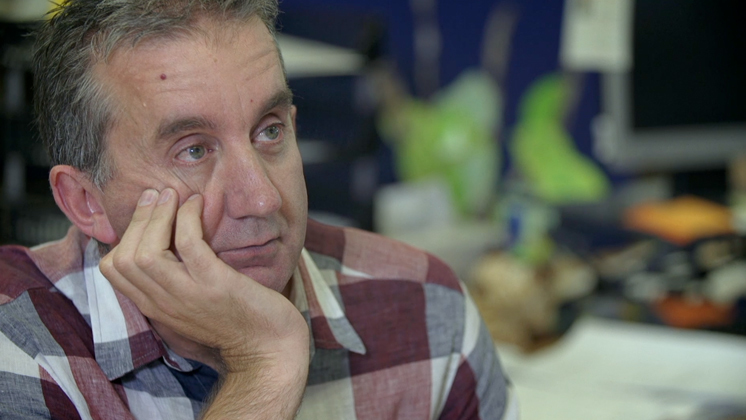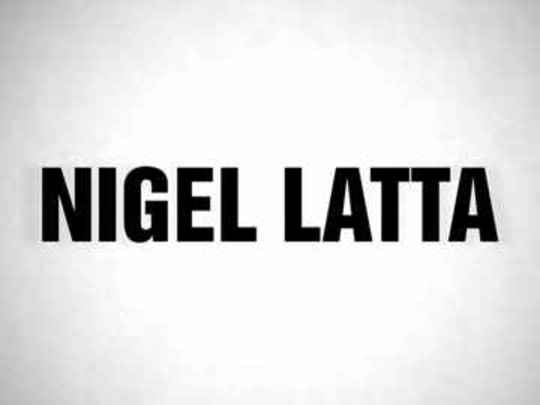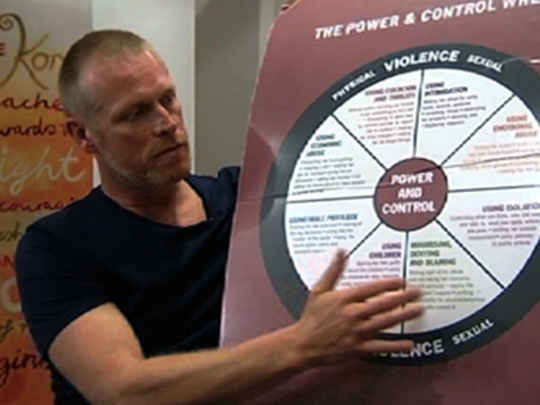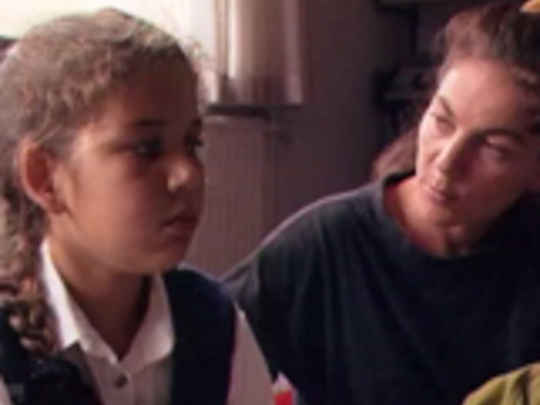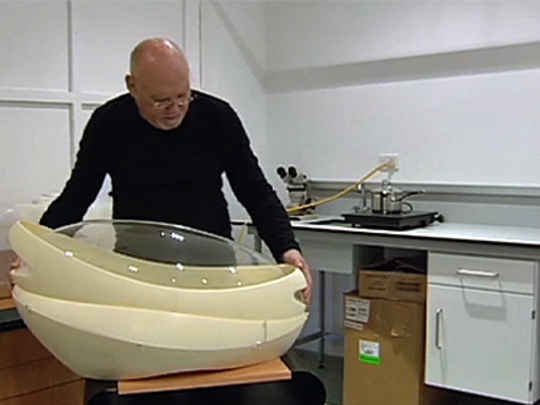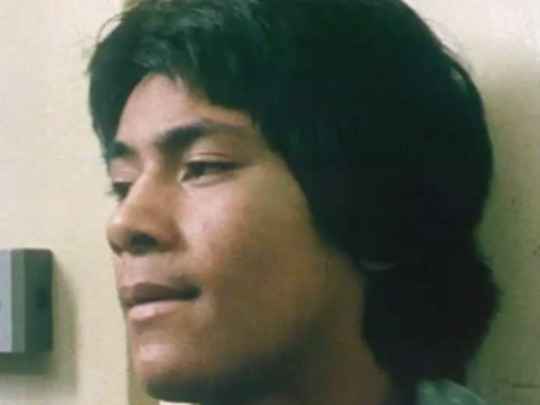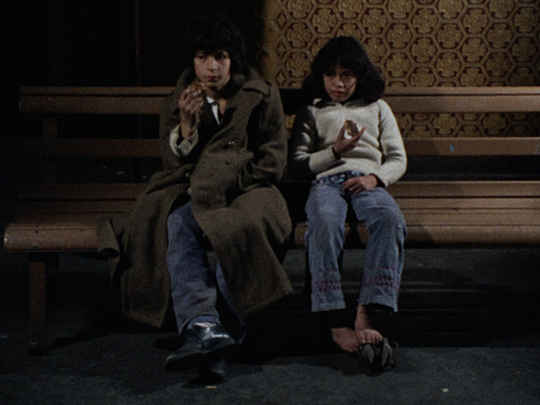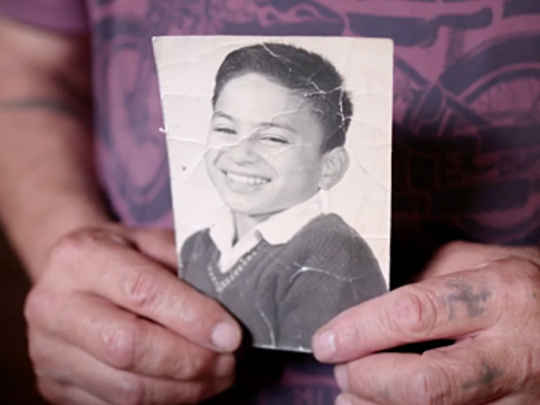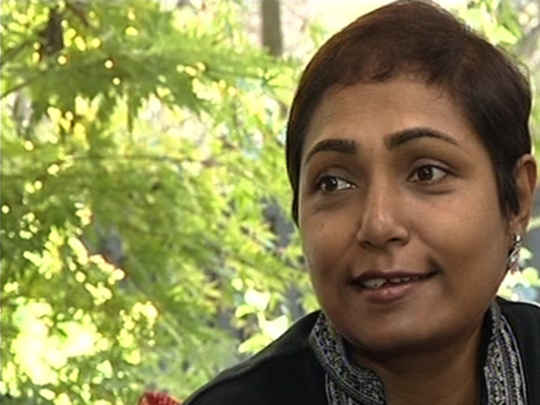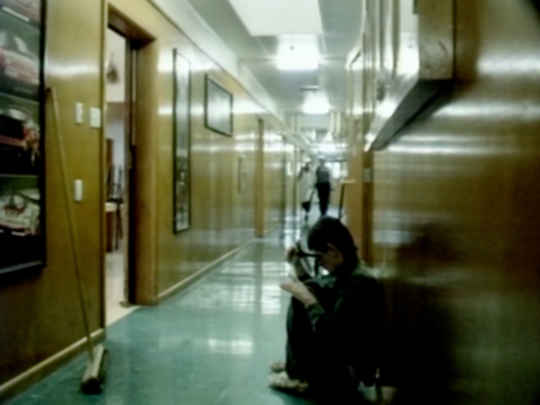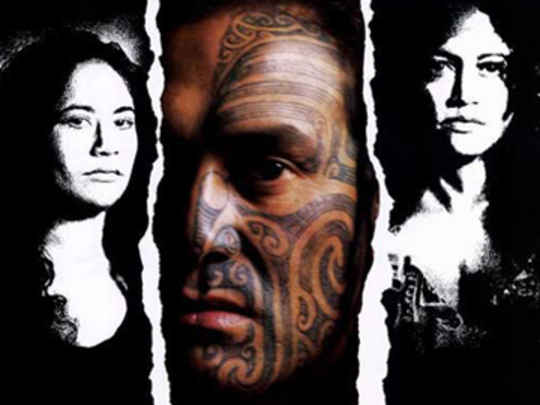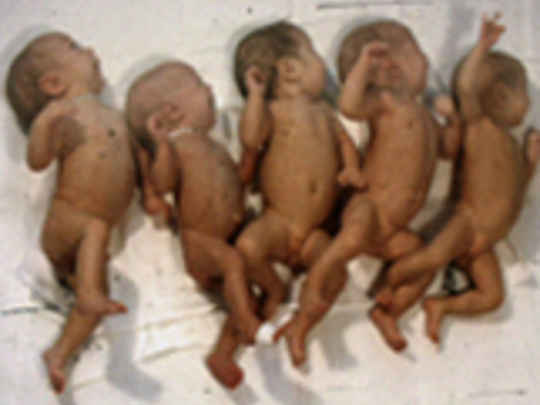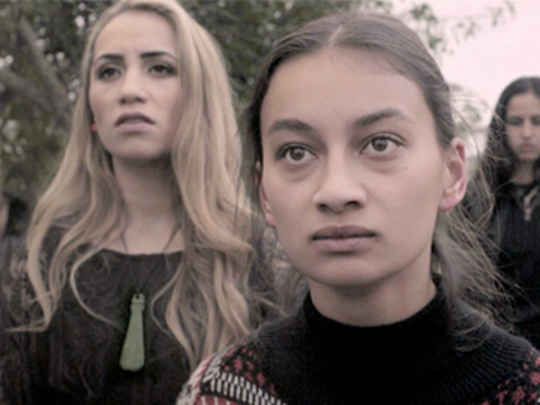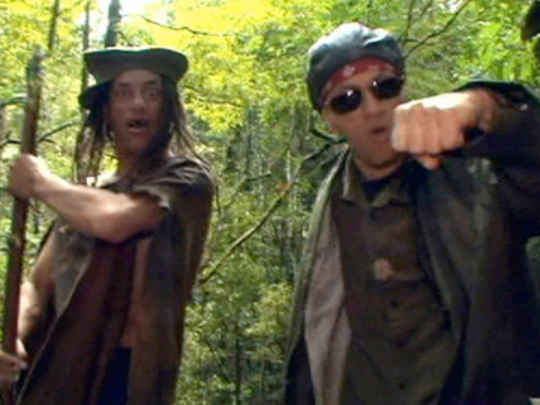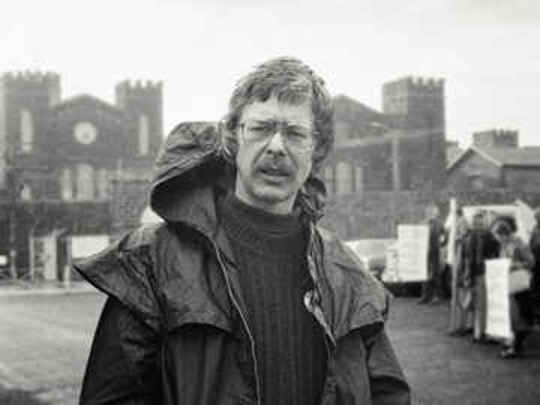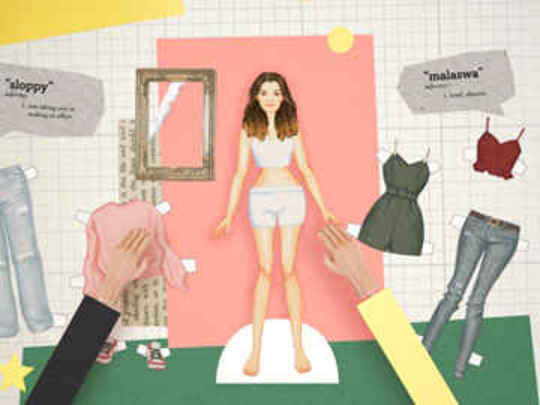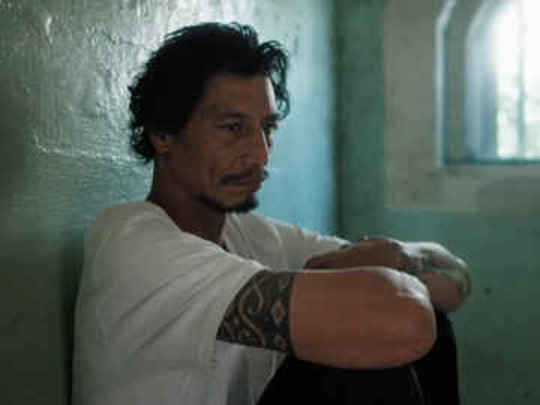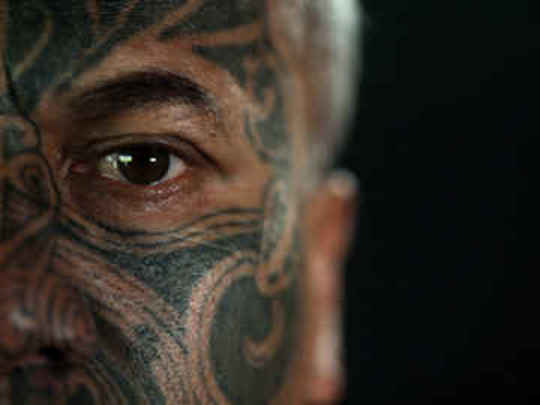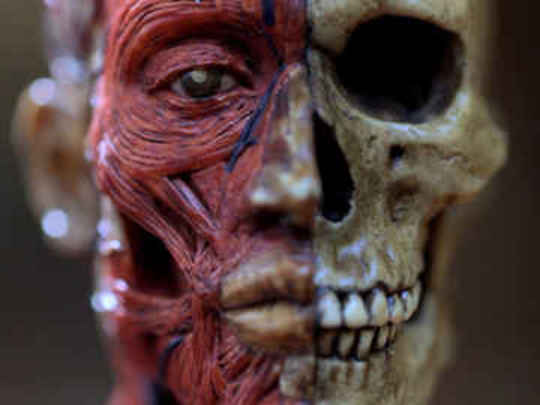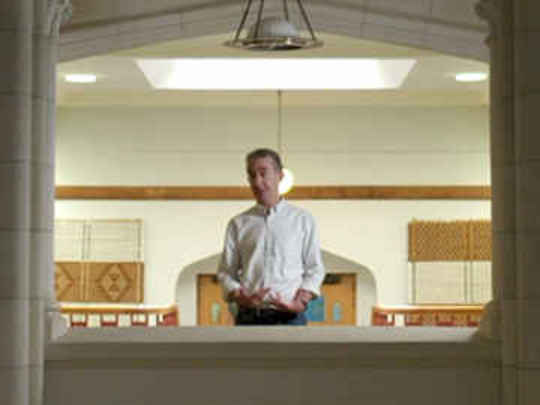If you actually look back, I'll bet nine times out of ten, he was a victim… a generational victim.
– Briar Deed, social worker for Te Whānau Tahi, on abusers
They all came together and with one voice trumpeted aloud "Enough is enough. We’re taking our community back."
– Henare O'Keefe describes how the community showed up for a march to end domestic violence in Flaxmere
You could throw colonisation in there. You could throw poverty in there. You could throw prison in there, where we make up far too much of the populous. You could throw all of those things in there, but is it really a cultural thing? Or is it just "you made these kids. You look after them. Put a roof over their head. Put clothes on their backs." Fix the home, you fix the community. Once this country gets that right, we will truly begin to move forward.
– Henare O'Keefe on why Pasifika and Māori are overrepresented in New Zealand's child abuse statistics
This episode features one of the "most intense" conversations he's [Nigel Latta] ever had, with a man who used to abuse his family but who now gives talks on stopping violence.
– Writer Catherine Masters quotes Nigel Latta on this episode, The NZ Herald, 18 July 2014
[Presenter Nigel] Latta's approach to this episode was fascinating, and cleverly devised. Though he presented a number of sobering statistics, Latta was careful to avoid getting bogged down in amongst them, which would have directed attention away from the tangible solutions to the problem he witnessed firsthand.
– Stuff writer Jimmy Ryan on this episode, 20 August 2014
...that's what he used to say every time he beat me up: that he did this to me because he loved me. H
– Victim and ex-abuser Vic Tamati on being abused by his father
The dead children that we read about are just the highly visible tip of a much greater iceberg of domestic violence.
– Psychologist and presenter Nigel Latta, near the start of his documentary
Nearly all the kids I see who have been abused are from familes who are dirt-poor ... We know from good data that we've got very high rates of death at the hands of family and assault leading to admission, so we know that. It's very strongly related to poverty, so admission to hospital is ten times more common in the poorest 10 percent of the population than the wealthiest 10 percent.
– Hawke's Bay paediatrician Russell Wills on the role of poverty in child neglect
Get them involved. Pull them in. That's how you make changes — by association. Not ostracising them.
– Henare O'Keefe at the Flaxmere Boxing Academy for children
Of my workload, originally it was probably three-quarters autism and ADHD, and these days it’d be two-thirds foetal alcohol spectrum disorder and abuse.
– Hawke's Bay paediatrician Russell Wills discusses the major shift in his workload
Overall crime is falling, but violent crime, and particularly crimes against children — so assaults against children — have gone up. And a lot of those are really severe assaults
pis down
– Hawke's Bay paediatrician Russell Wills, early in this documentary
